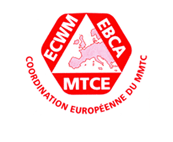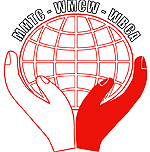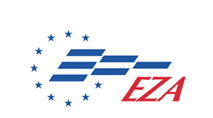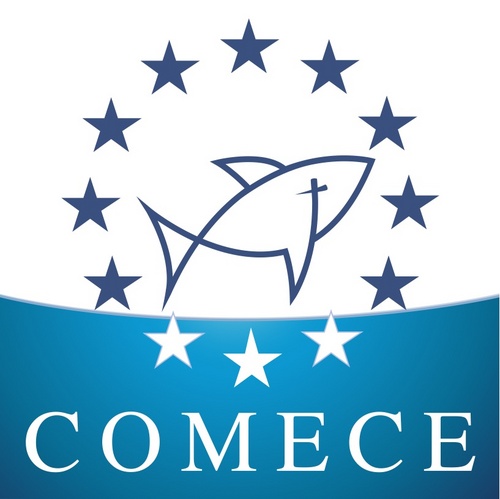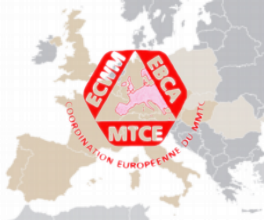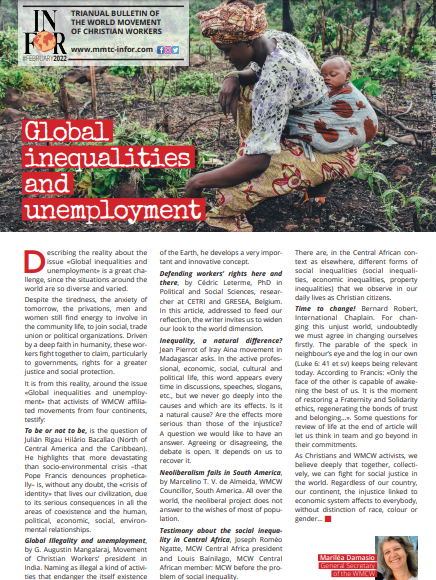Europe Day 2021: "In the crisis, a Europe called to be bold"
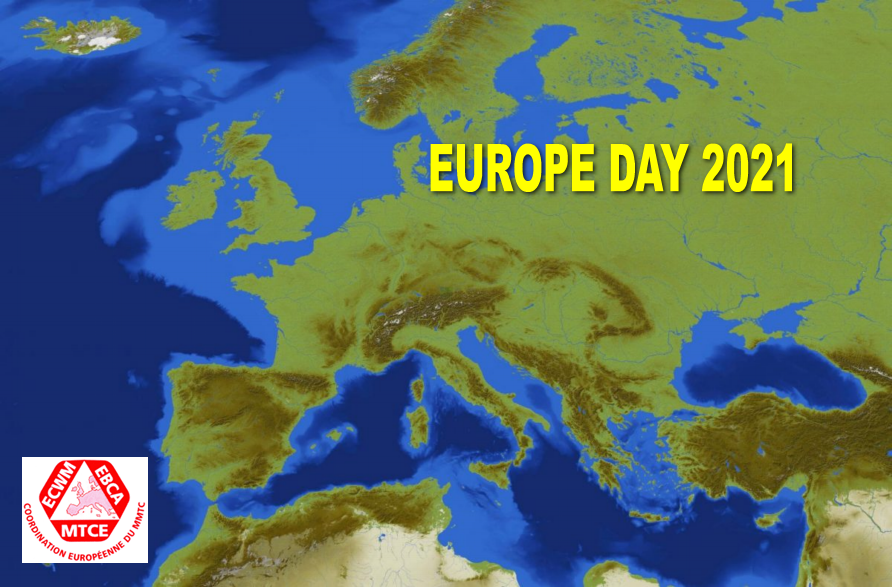
Since more than a year, our planet is facing to a health and social crisis that affects to everybody. But, not all the social groups suffer its consequences in the same way
The popular classes, the workers and the employees are the most exposed to the risk of contagion. The mortality rate in these social categories is much higher than in the wealthy
The popular classes, the most affected ones
The working conditions have become more difficult and the necessary prevention measures have provoked a significant rise of workload for some employees who cannot do these tasks remotely.
May First, 2021: WMCW International Statement
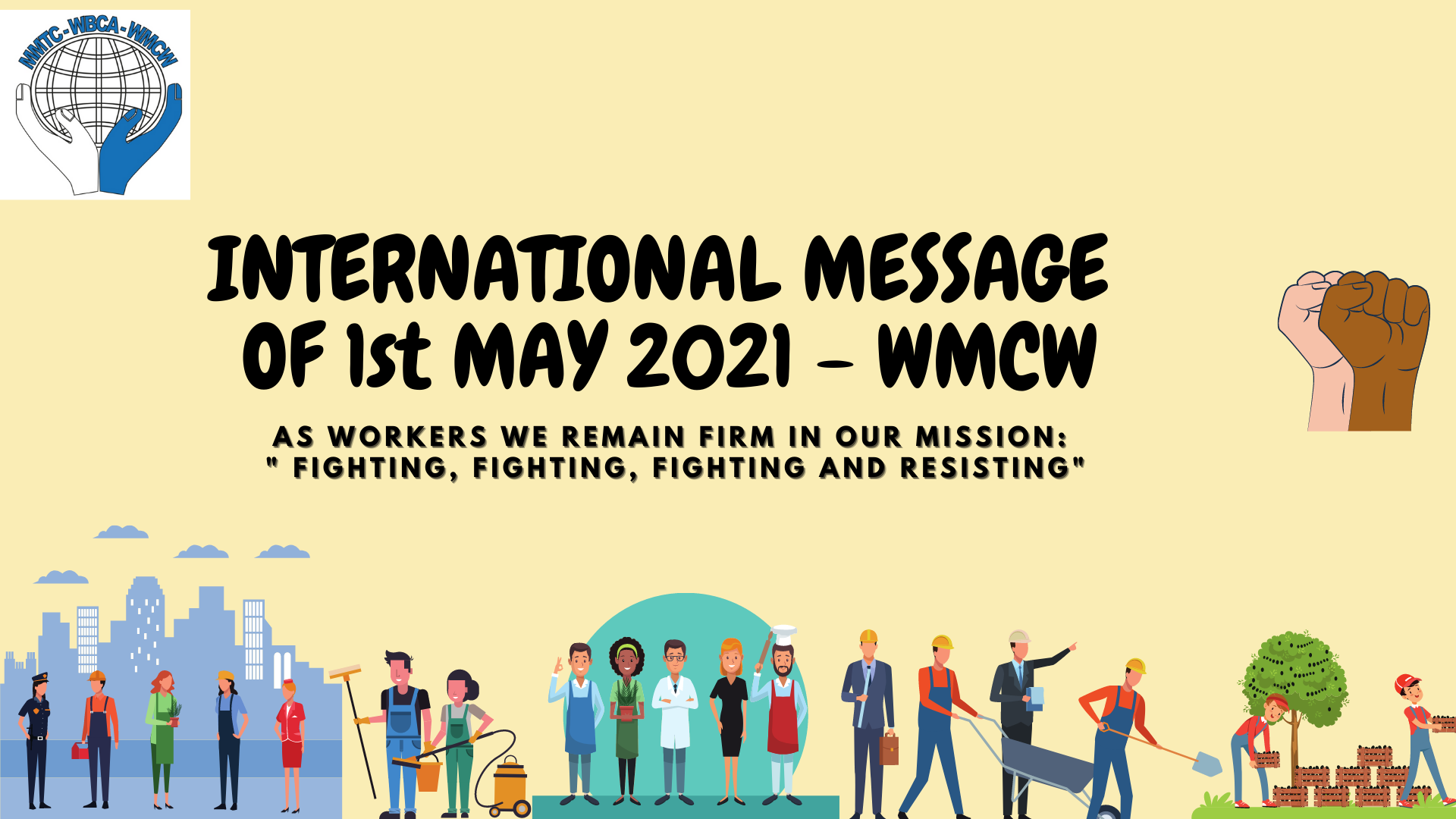
AS WORKERS WE REMAIN FIRM IN OUR MISSION: “FIGHTING, FIGHTING, FIGHTING AND RESISTING”
We thought we had gone out of this health crisis and we could demonstrate in the Labour Day. But here we are, still under the yoke of this pandemic which is gnawing our Common House, fighting to keep us safe.
1st May is an indelible inscription. We are not only fighting against a destructive virus globally, but also against a dividing current that decreases the primacy of work. This social and personal value, which raises the dignity of each individual, must be always held high in the hearts and minds of states as a humanity standard.
Will we be able to watch out the decline of the value inherited from the ancients?
Will we be able to watch out for the dignity of the poor who are constantly deprived of their dignity, of the marginalised who queue in solidarity shops, “resto du coeur”, or during the distribution of food parcels and solidarity cheques? Will we be able to resist before the economic exploitation with workers?
International day of work-free Sundays - 3rd March 2021
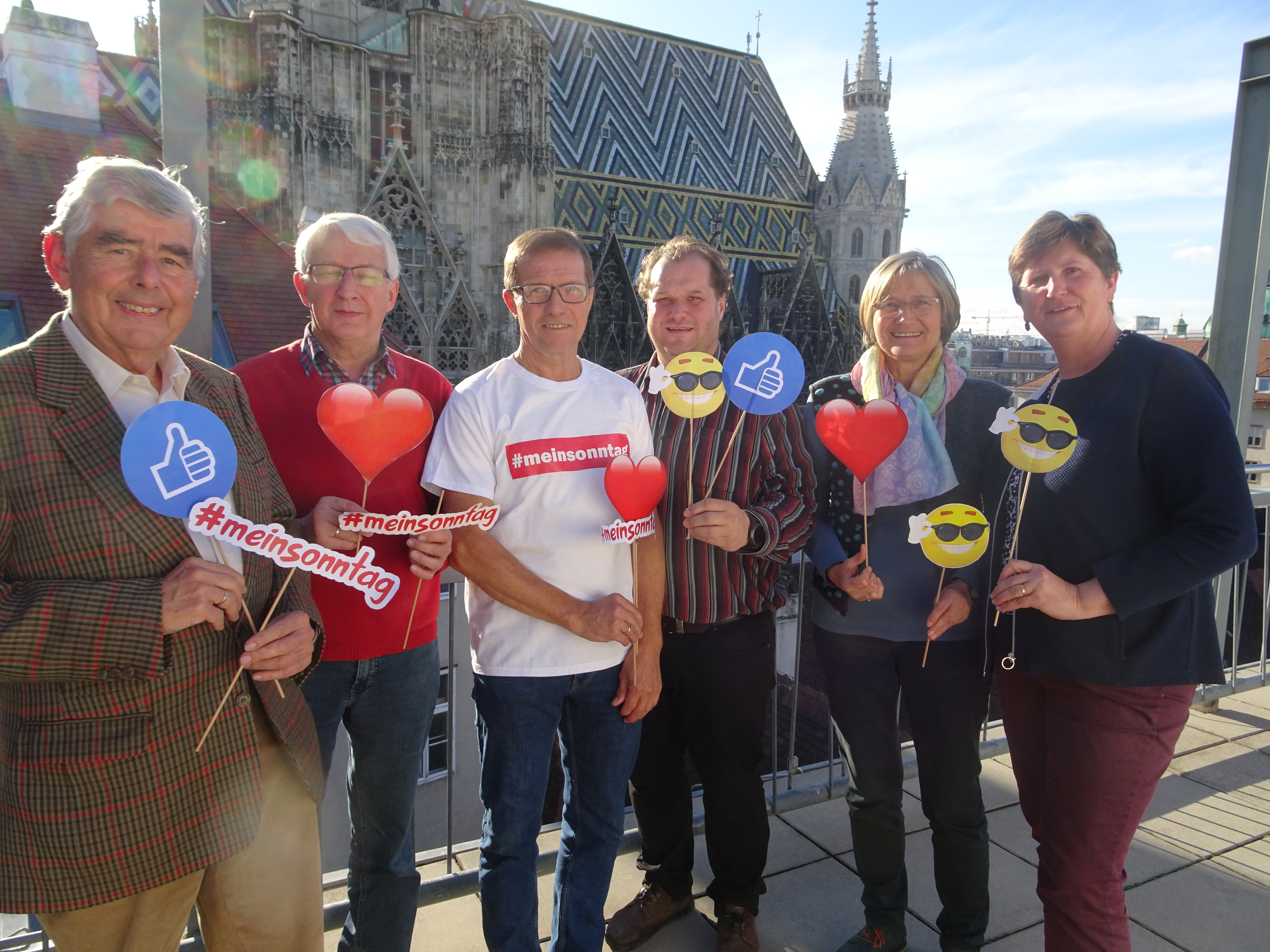
Democracy thrives on positive experiences and participation
Origins
The idea of work-free Sundays is rooted in Judaism and thus with its 2500 years of history the oldest social legislation of humanity. In the Old Testament in the account of the creation of the world, the end of the story is not the creation of man, but God's rest after work on the seventh day. (Gen: 2,1-3). The completion of labour lies in rest. This right to rest should be guaranteed for everyone – for women, men, servants, slaves and foreigners, as well as for animals and finally, nature. (Deut: 5,14)
In Europe work-free Sundays are among the oldest of cultural assets and therefore should be safeguarded as a cultural heritage, a legitimate legal claim. They should serve as a safety net and protection for people and nature from self- and external exploitation. In today’s work-life the work-free Sunday can be understood as the margin between externally directed and self-determined time. According to the Christian-Jewish idea of human beings, every person is more than what they achieve workwise. To regularly take time off, in the sense of the “good life for all”, can and should strengthen the awareness of unconfined human dignity. The Sabbath or Sunday is the reliable framework for this.
ECWM Coordination Group on-line meeting on February, 13th, 2021
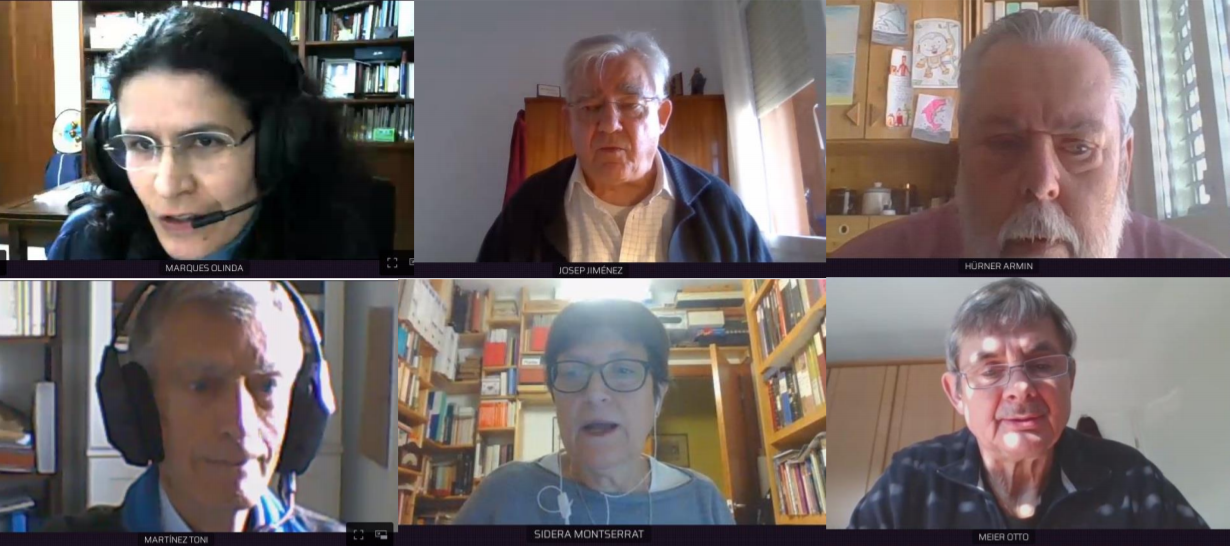
The meeting of the ECWM coordination group took place on 13 February 2021. The circumstances of the Covid-19 pandemic forced the group to meet online, a new challenge that brings it to work and plan the future of the European movement in a different way. The meeting was attended by the President, Olinda M., (Portugal), Chaplain Josep J. (Spain), Treasurer Armin H. (Switzerland), Coordinator Toni M. (Spain), as well as representatives of the movements from Spain (HOAC and ACO), Italy, France, Germany, Switzerland (KAB and CTC), Austria and England, and representatives of the WMCW world movement: Fátima C. (Portugal) Co-Chair, Mariléa D. (Brazil) Secretary General, Bernard R. (France) Chaplain and Philippe Ch. (France) Treasurer.
The usual agenda items were discussed, as well as the preparation of various amendments to the statutes to be discussed at the General Assembly scheduled for September 2021, which will be held, if possible physically in Lisbon, or on-line.
CHRISTMAS MESSAGE 2020 of ECWM “You shall name him Jesus” (Luke 1: 31)
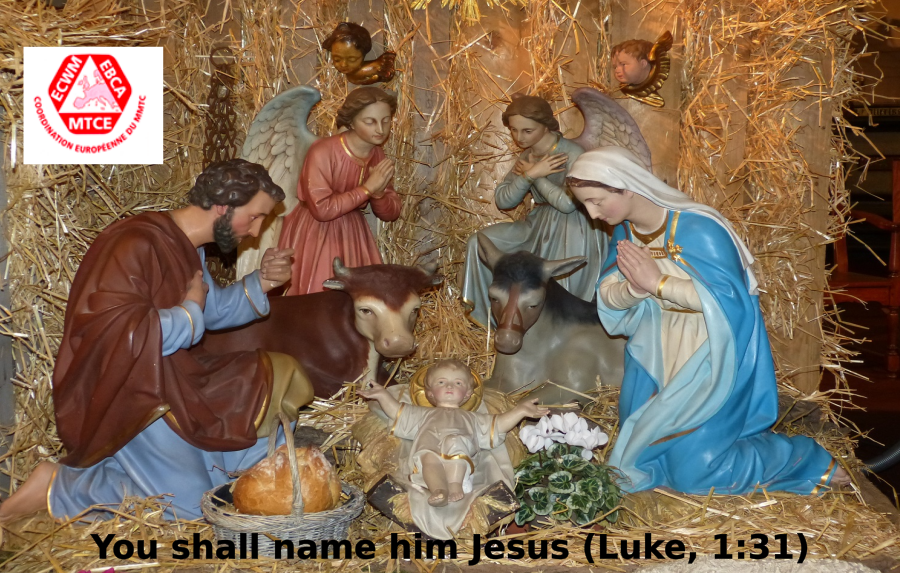
“Comfort, give comfort to my people” (Is 40: 1). With these words of hope and trust from the prophet Isaiah, we start this Christmas message addressed to all members of movements which make up ECWM, in these hard times that our world and our Europe are suffering. COVID-19 pandemic has taken a heavy toll in many of our fellow citizens, both in health and economic aspects, venting its rage over those who suffer the worst living conditions. Moreover, many European citizens have died in our countries because of this pandemic.
“Because there was no room for them in the inn” (Lk 2: 7). Many of the precarious situations that European citizens suffer, were experienced by Jesus, the Son of God, at his birth. A situation of poverty lived in these times by many people: workers fired, jobs destroyed, the sick, psychological damage, deaths and other consequences that deteriorate us as individuals and society.
“Let us go, then, to Bethlehem to see this thing that has taken place, which the Lord has made known to us." (Lk 2: 15). The health and working conditions that our society live call us to get close the manger of Bethlehem and to watch in it to Jesus who is born in the midst of our world wounded by precariousness and pain. This is why we repeat the action of shepherds when we go to those who suffer most this pandemic. Make solidarity, fraternal love and the dedication of our time be the hallmark of our visit to the poor and humble manger that our world is today.
ECWM holds its General Assembly
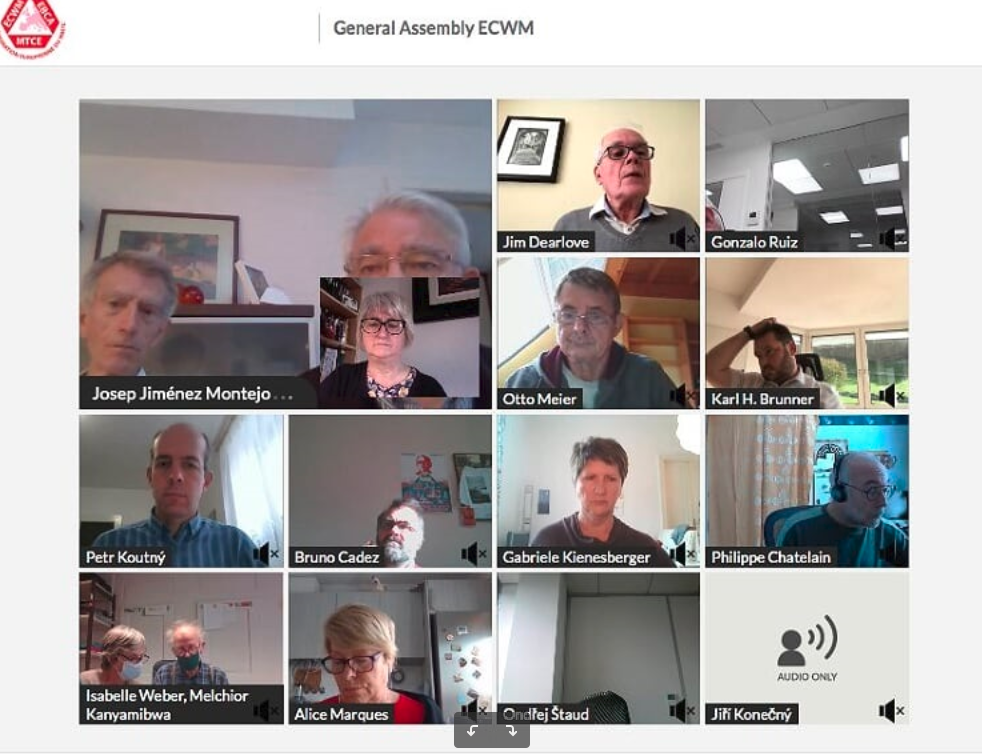
On 16 October 2020 the ECWM held its annual general assembly. This time it was held telematically due to the COVID-19 pandemic. Representatives from 11 movements from 9 European countries took part. Three representatives of the WMCW (World Movement of Christian Workers) also took part
A highlight has been the election of the new president. Olinda Marques, a member of the LOC-MTC movement in Portugal, was unanimously elected to replace Petr Koutný, from the KAP movement in the Czech Republic, who had held the presidency for two years.
In addition, the activities carried out by the ECWM and its member movements in the period since the previous General Assembly, held in Ostend, Belgium in October 2019, have been reported.
We are pleased to have been able to hold this fraternal meeting, albeit through screens, and we have set ourselves up for the next assembly, scheduled for September 2021 in Lisbon.
Page 3 of 8
